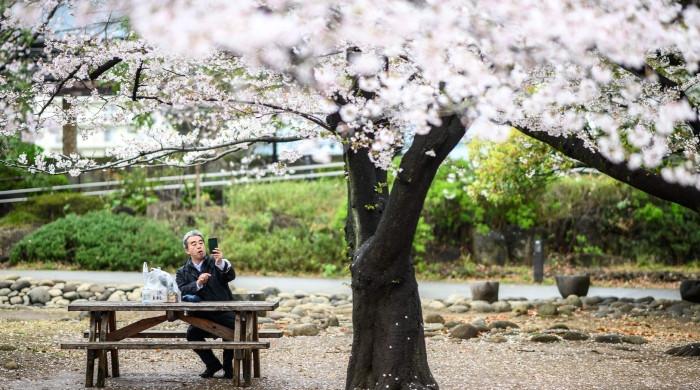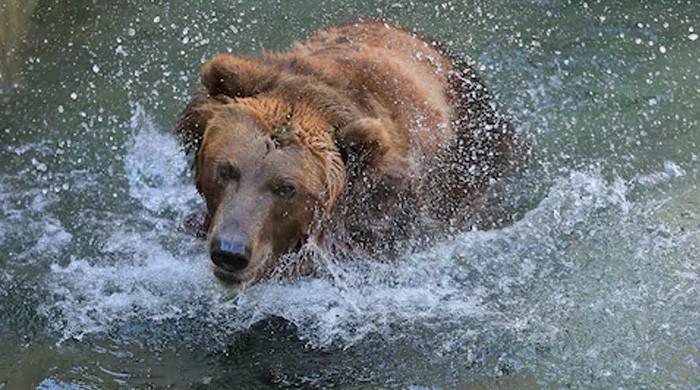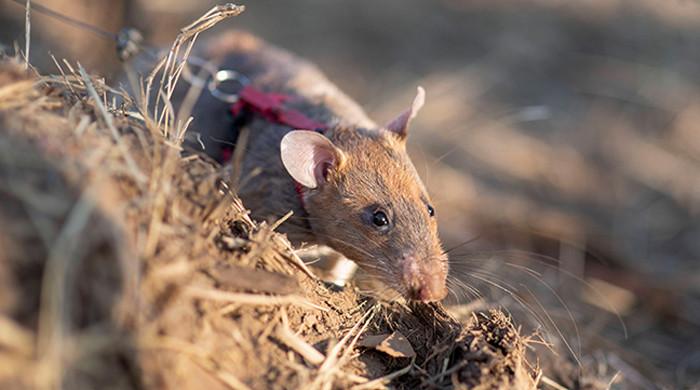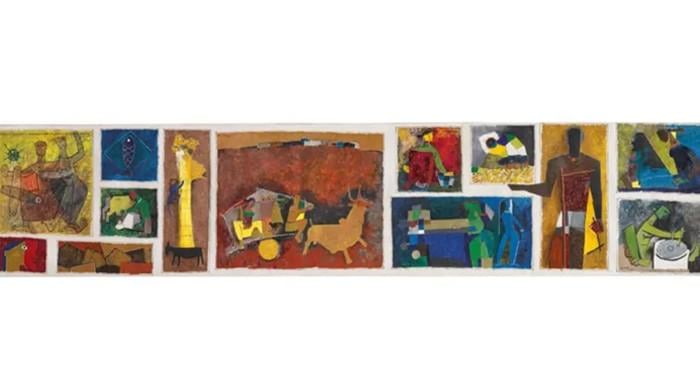Mr Taranaki: Dormant stratovolcano declared a 'person' in New Zealand
Law of the land acknowledges mountain's theft from Māori tribes after New Zealand was colonised
February 01, 2025
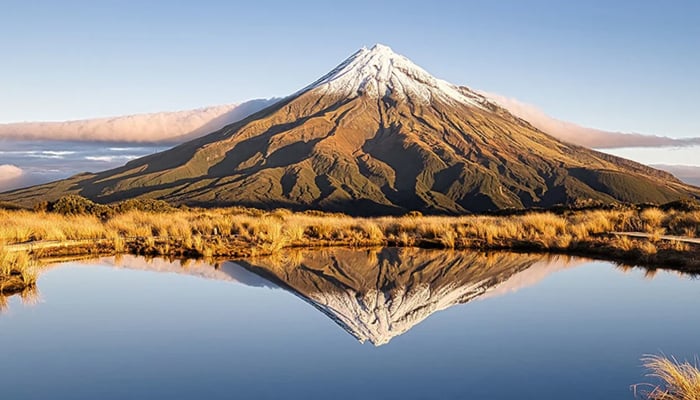
The government of New Zealand has legally recognised a mountain as a person and has given it all the rights and responsibilities of a human.
Taranaki Maunga's status as a human offers it extra protection and gives it all the rights, powers, duties and responsibilities of a person.
The law is in part of an agreement between New Zealand's government and the indigenous Māori tribes. The tribal community has long considered the majestic 8,261ft mountain an ancestor of theirs, according to Sky News.
The new development has also given the mountain's legal personality a name, Te Kahui Tupua, which the law views as "a living and indivisible whole".
The law rules that four members of the local Māori iwi or tribes and four others appointed by the country will make up an entity to represent the "face and voice" of Taranaki.
The recognition of the government and law also acknowledges the mountain's theft from the Maori after New Zealand was colonised and it fulfils an agreement of reparation from the government for harm against the people and land caused by the government since the country was colonised.
With the legal rights, the tribes hold more power to protect the mountain and assure its health and well-being in a time when Taranaki has become a popular spot for tourism, hiking and snow sports.
However, the mountain will remain a publicly accessible destination.
"The mountain has long been an honoured ancestor, a source of physical, cultural and spiritual sustenance and a final resting place," Paul Goldsmith, a political personality responsible for the settlements and agreements between the government and local tribes told the parliament on Thursday.
A co-leader of the political party Te Pati Māori and a descendant of the Taranaki tribes, Debbie Ngarewa-Packers said the law has released the mountain from "the shackles of injustice, of ignorance, and of hate".
In Māori, Mount Taranaki is considered masculine and the magnificient mountain is often referred to with male pronouns, such as "ia" (he) or "e pānui ana ia" (he is visible).




